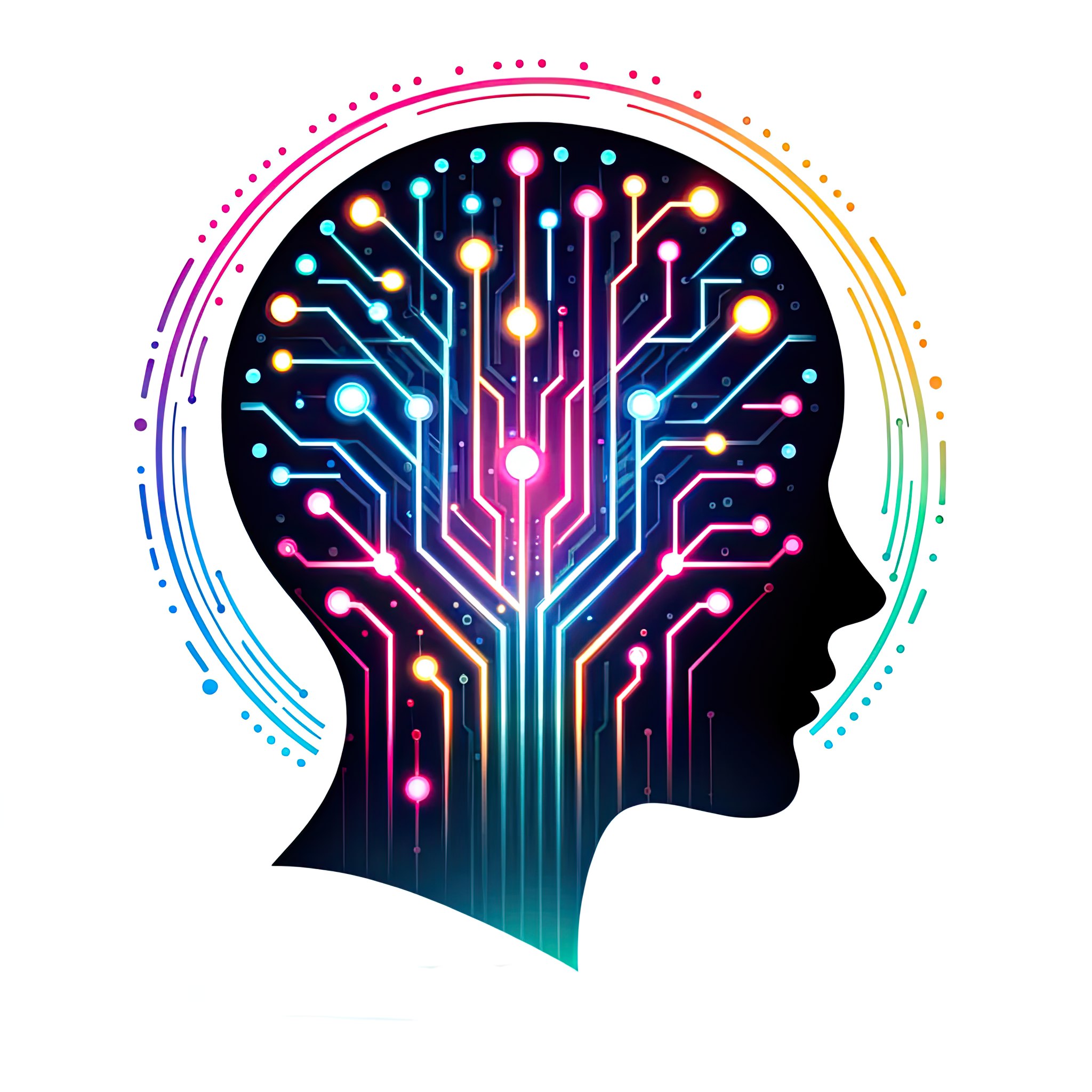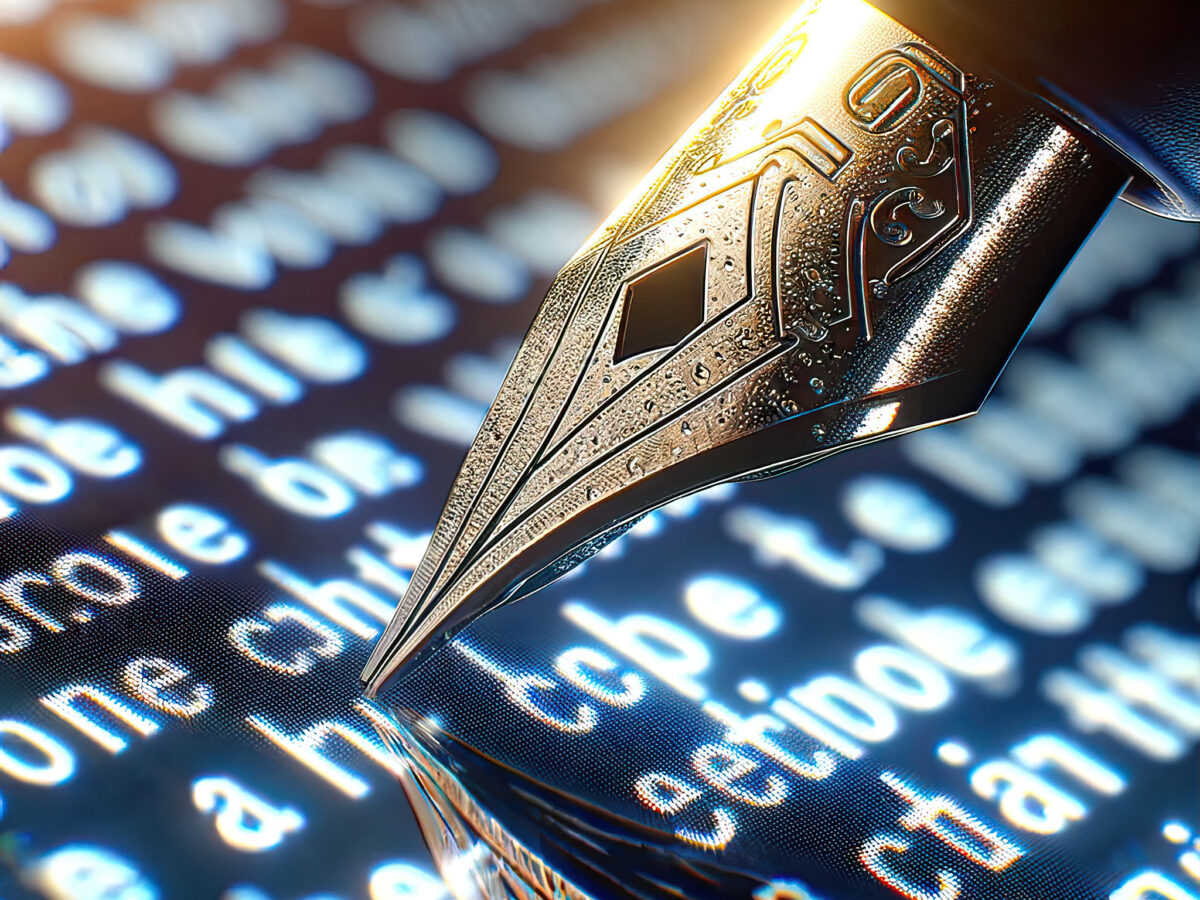In the ever-evolving landscape of digital creativity, the emergence of generative artificial intelligence technologies is challenging the very foundations of intellectual property as we know it. Traditionally, copyright has served as a safeguard for authors, ensuring their exclusive rights to their creations, be it text, images, music, or any other form of creative expression. This legal construct was designed to protect creators and encourage the production of new works by granting them control over the use of their creations and the ability to derive financial benefits from them.
However, the rise of generative AI is ushering in a seismic shift in how we conceive of creation and ownership in the digital realm. These advanced technologies have the capability to produce new works that are derivative of or inspired by existing materials, without direct human intervention. This raises profound questions about authorship and how copyright should be managed in this new era.
Generative AI challenges the traditional notion of copyright by blurring the lines between inspiration, derivation, and outright copying. The ability of AI to reinterpret and rework content in ways that can significantly alter the expressed concepts or maintain them unaltered necessitates a reevaluation of existing copyright laws to accommodate these novel forms of creativity.
The argument for abandoning copyright, rather than merely adapting it, is grounded in the belief that the future of creativity lies in openness and collaboration, rather than in exclusivity and restriction. As AI technologies democratize the act of creation, making it possible for anyone to generate new content or personalize existing works in previously unimaginable ways, clinging to outdated models of intellectual property could stifle innovation rather than foster it.
Abandoning copyright does not mean leaving creators without protection or recognition. Instead, it calls for the development of new frameworks that acknowledge the changing landscape. Such frameworks could include more flexible licensing models that allow for the innovative and creative use of AI while ensuring fair compensation and attribution to the original creators. These models might prioritize the collective advancement of creativity over individual ownership, encouraging a culture of sharing and collaboration.
Moreover, the shift toward a post-copyright era could accelerate the proliferation of open-source and creative commons initiatives, where creators willingly share their works with the public domain, fostering an environment where creativity can flourish unrestricted. This approach recognizes the value of collective growth and innovation over personal gain, aligning with the ethos of the digital age where access to information and the ability to create are seen as universal rights.
The advent of generative AI represents a pivotal moment in the evolution of creative expression. As we stand on the brink of this new frontier, it is imperative that we reassess our attachment to traditional copyright norms. Embracing a future without copyright could unlock unprecedented levels of creativity and innovation, propelling humanity forward in a world where the boundaries of what can be created are limited only by our imagination. The time has come to let go of outdated paradigms and welcome the boundless possibilities that lie ahead.
All images and all text in this blog were created by artificial intelligences

